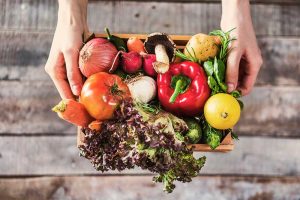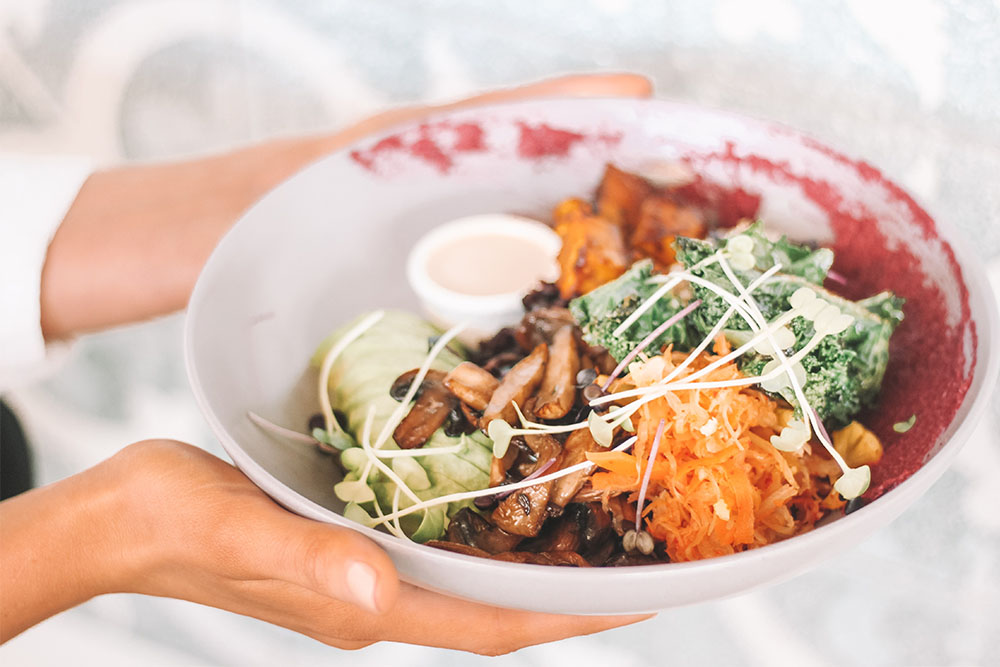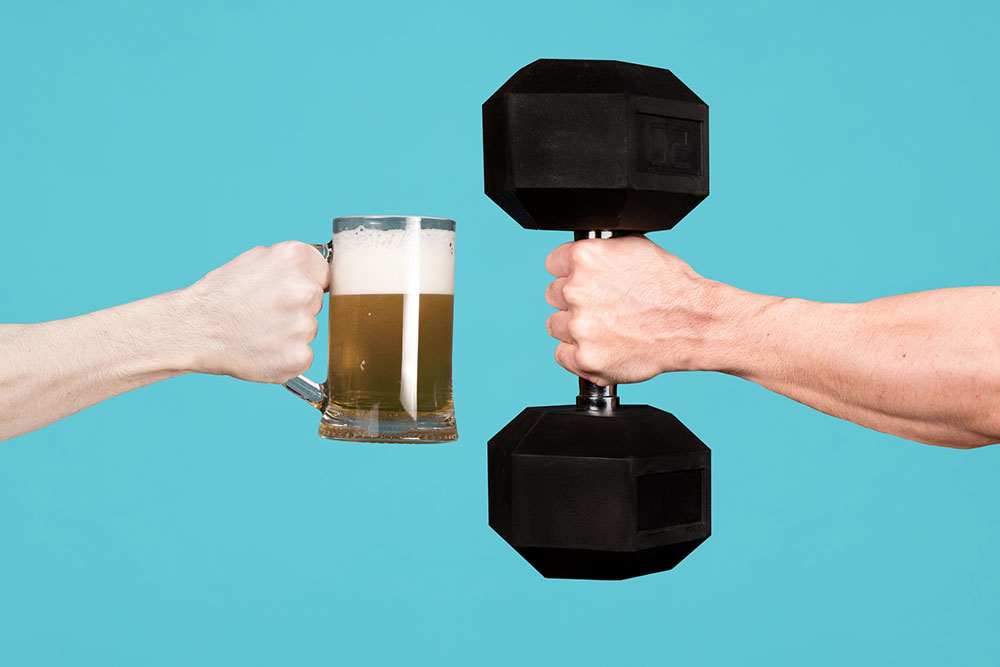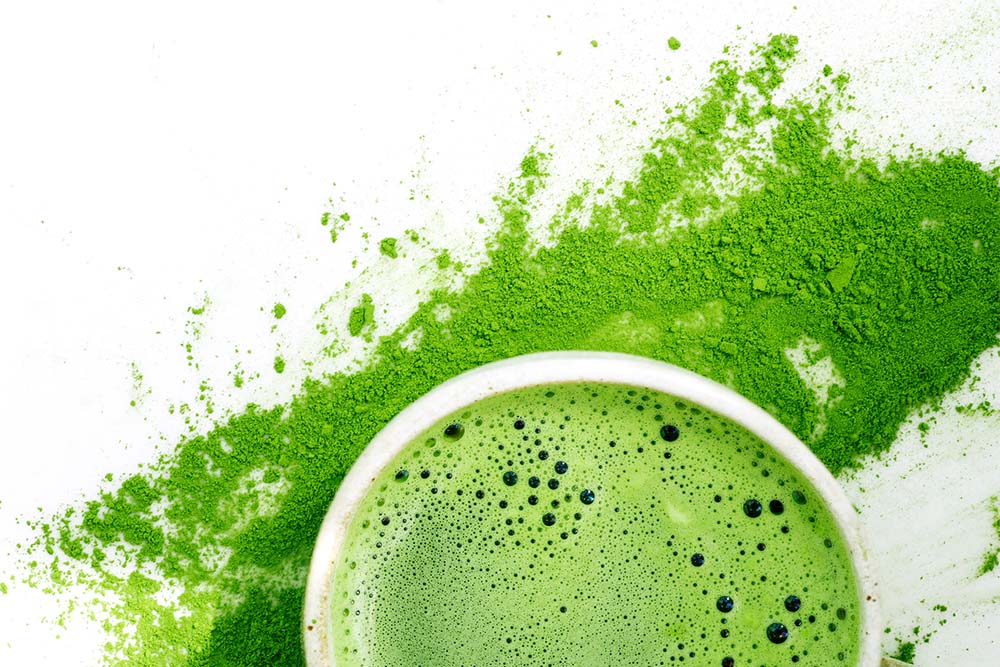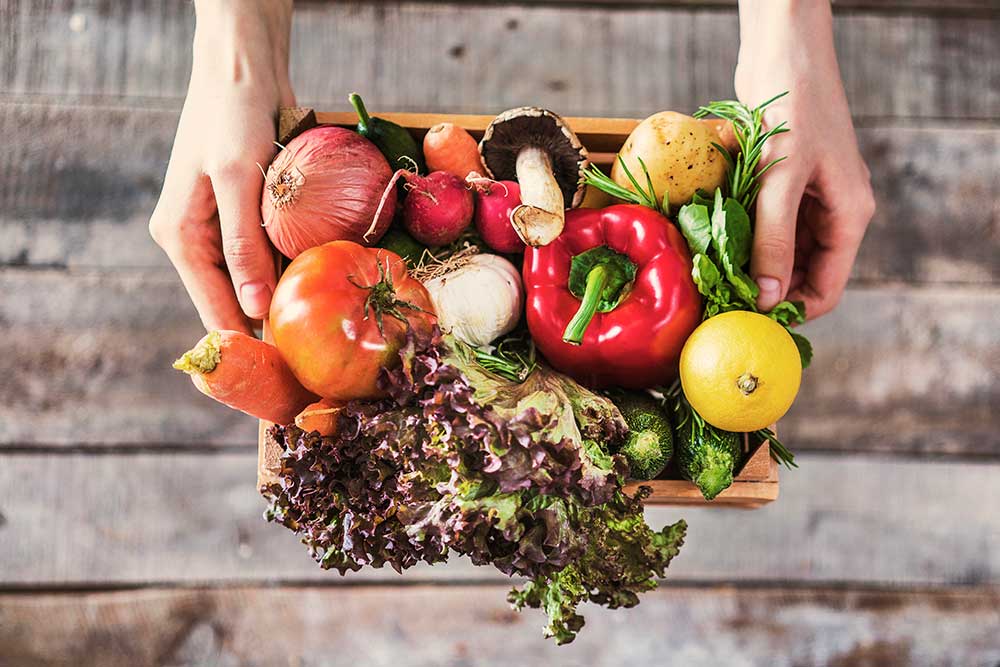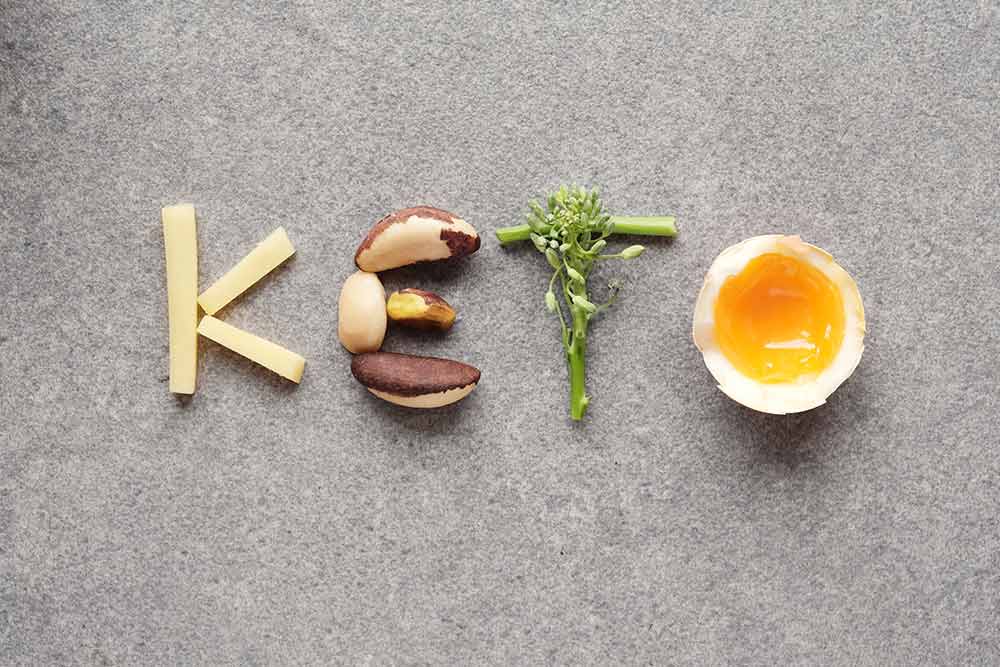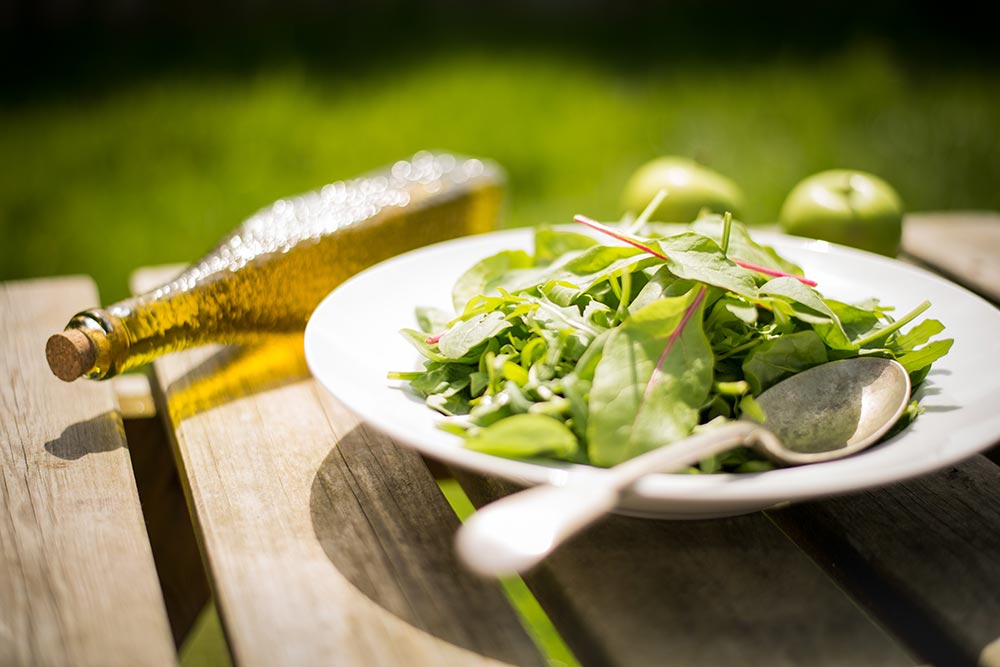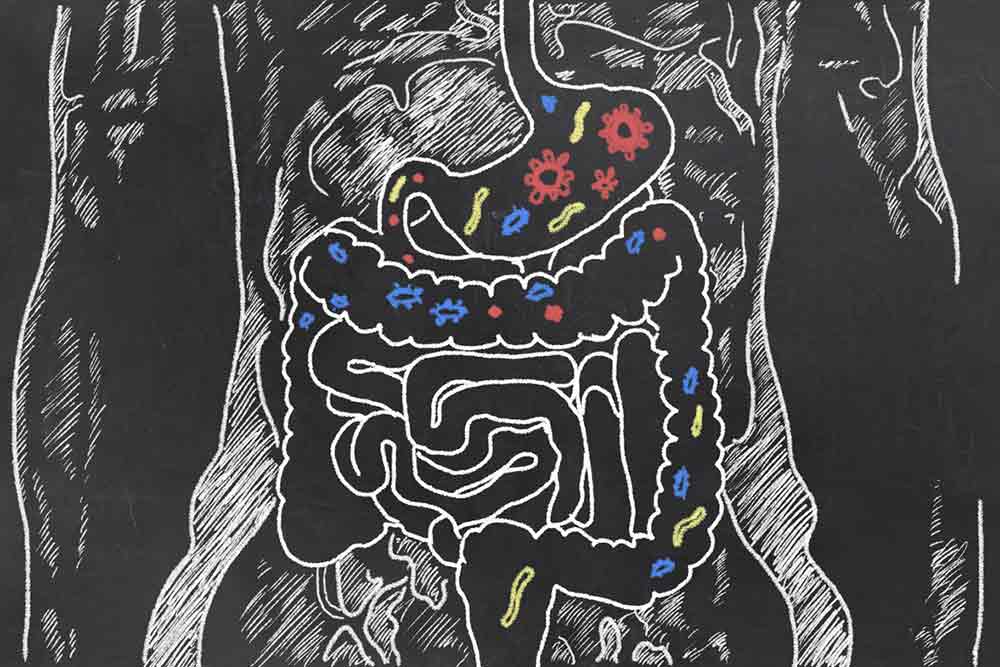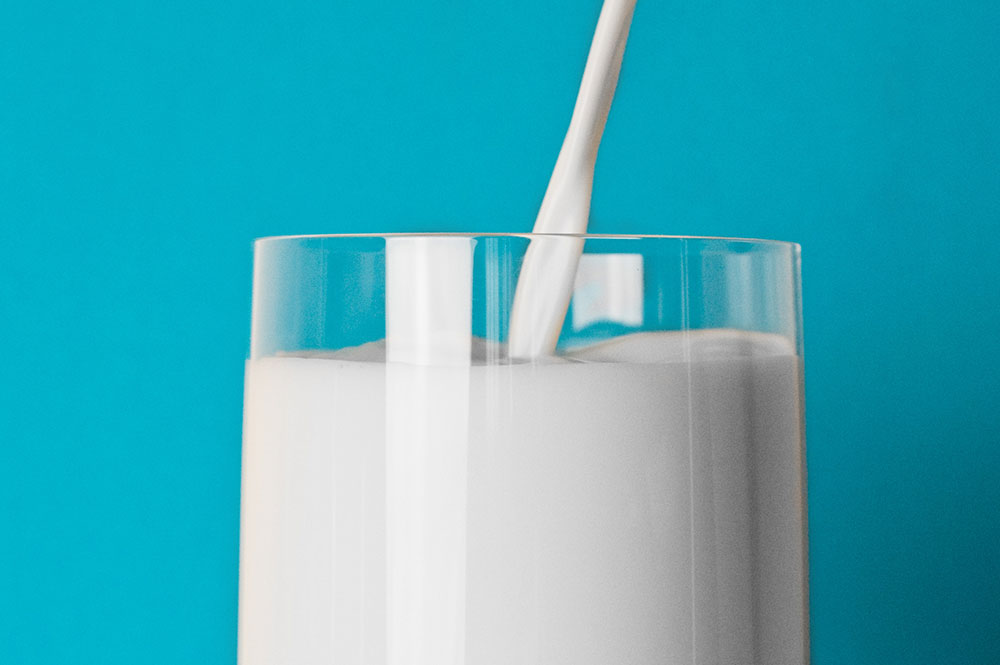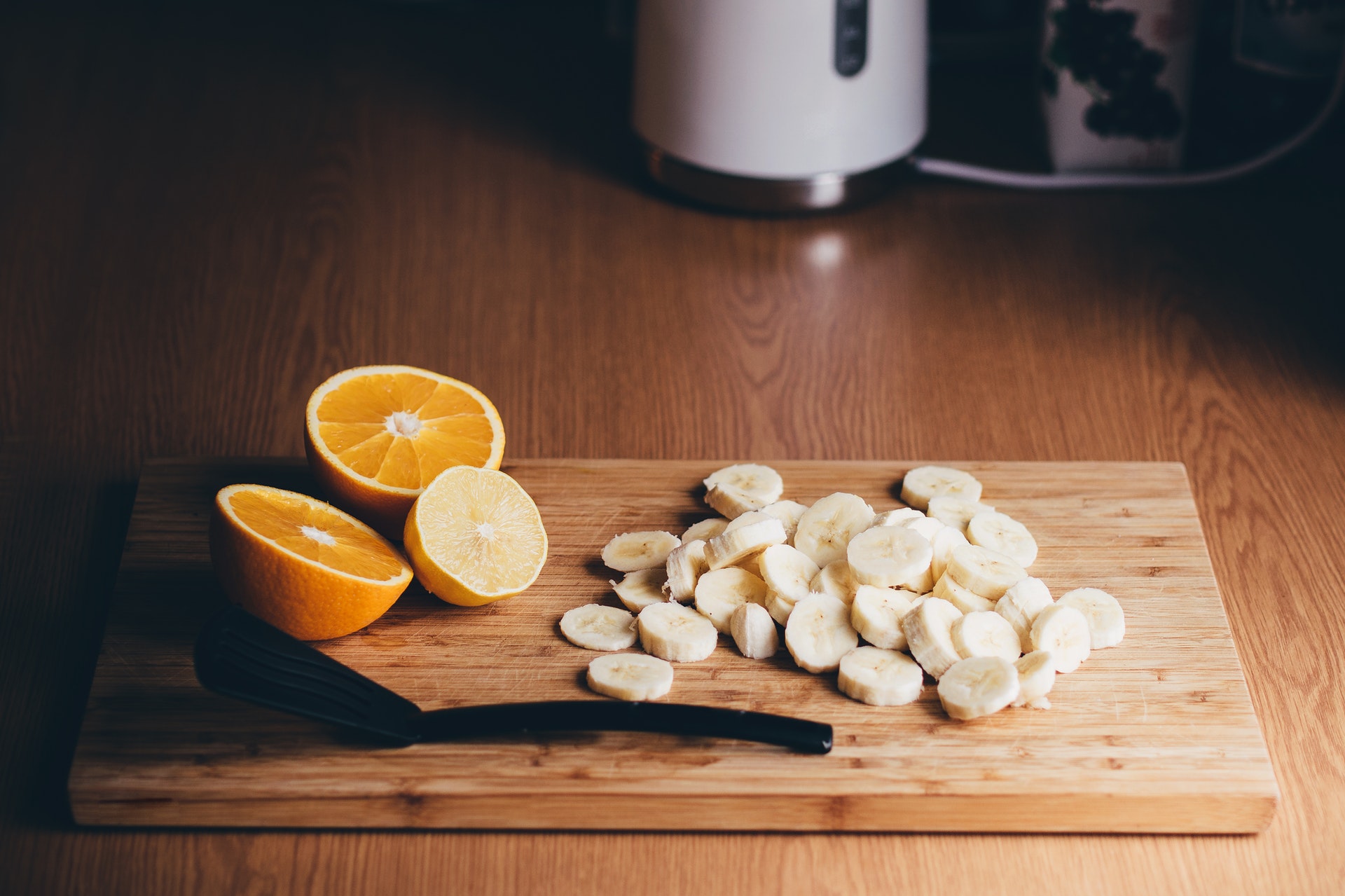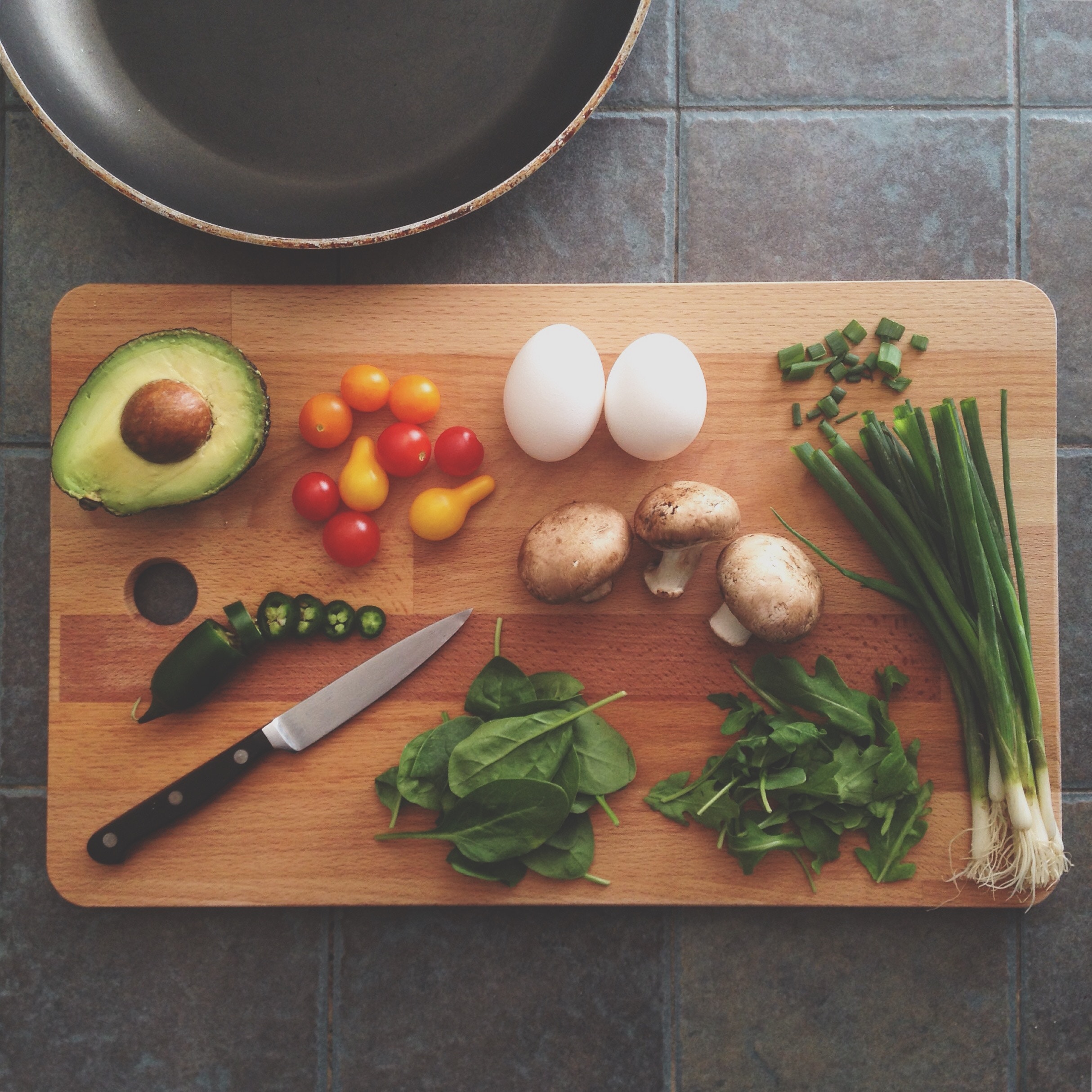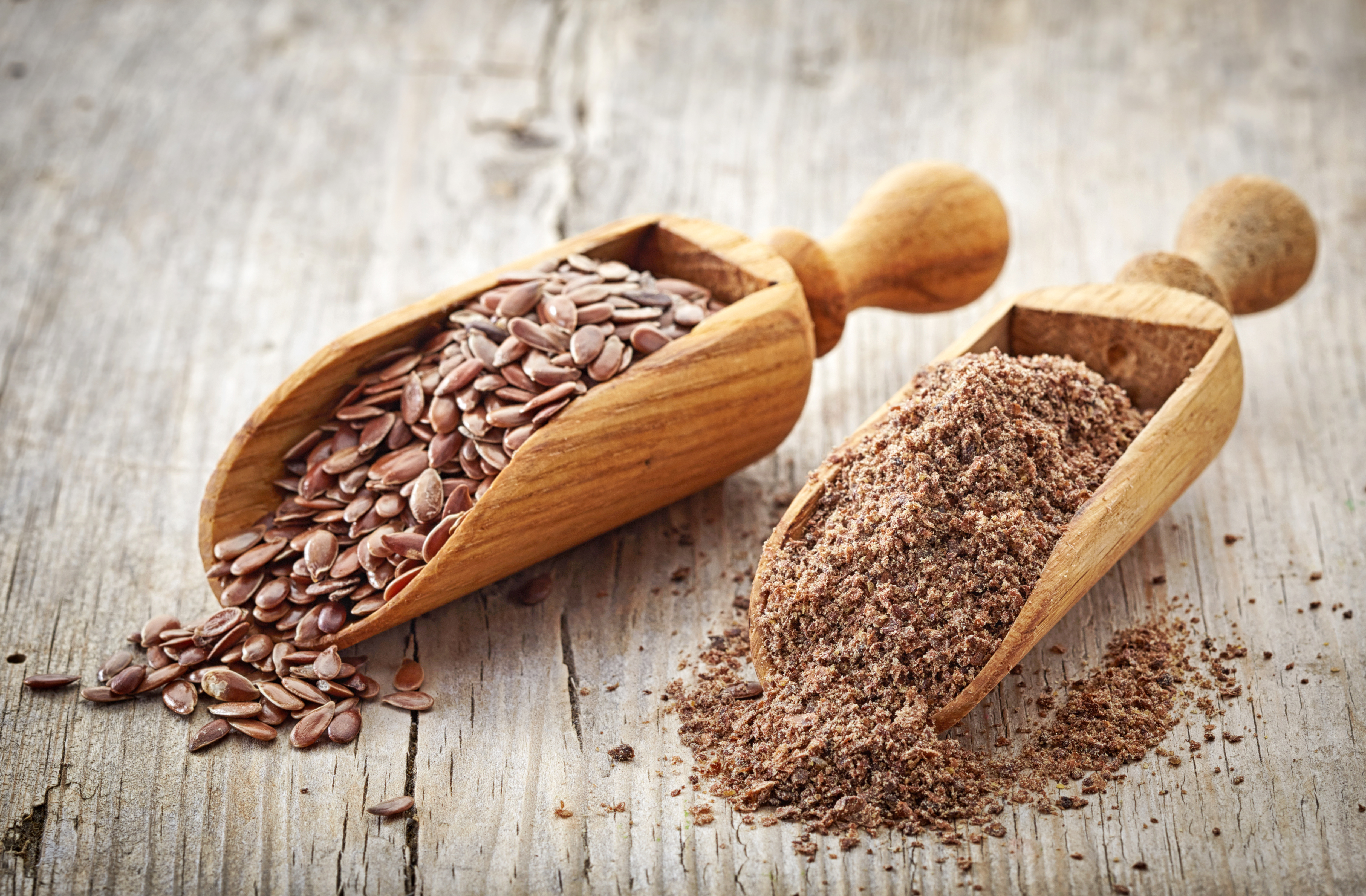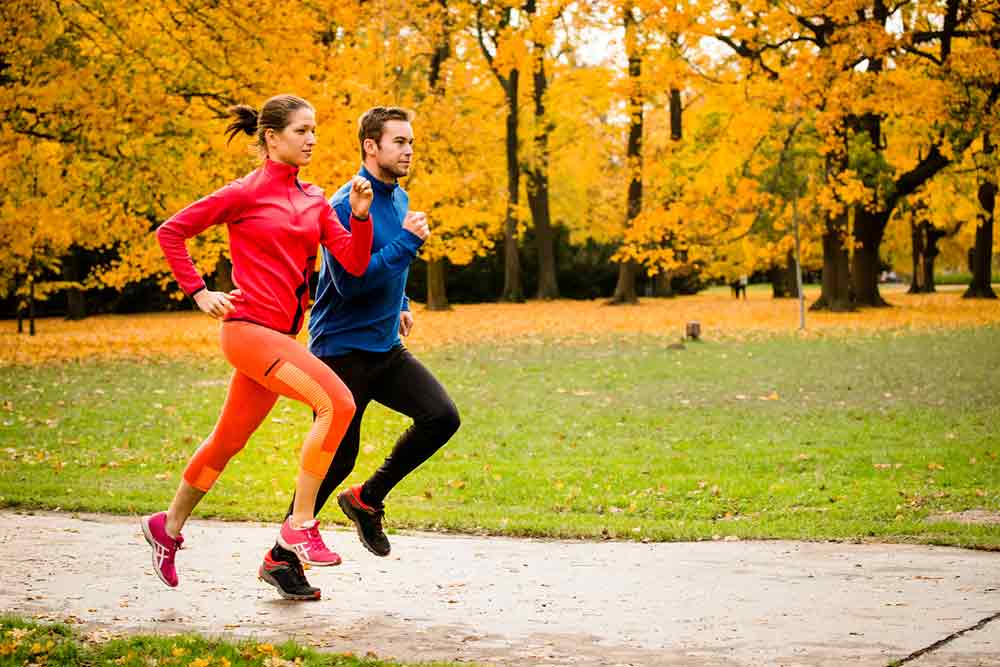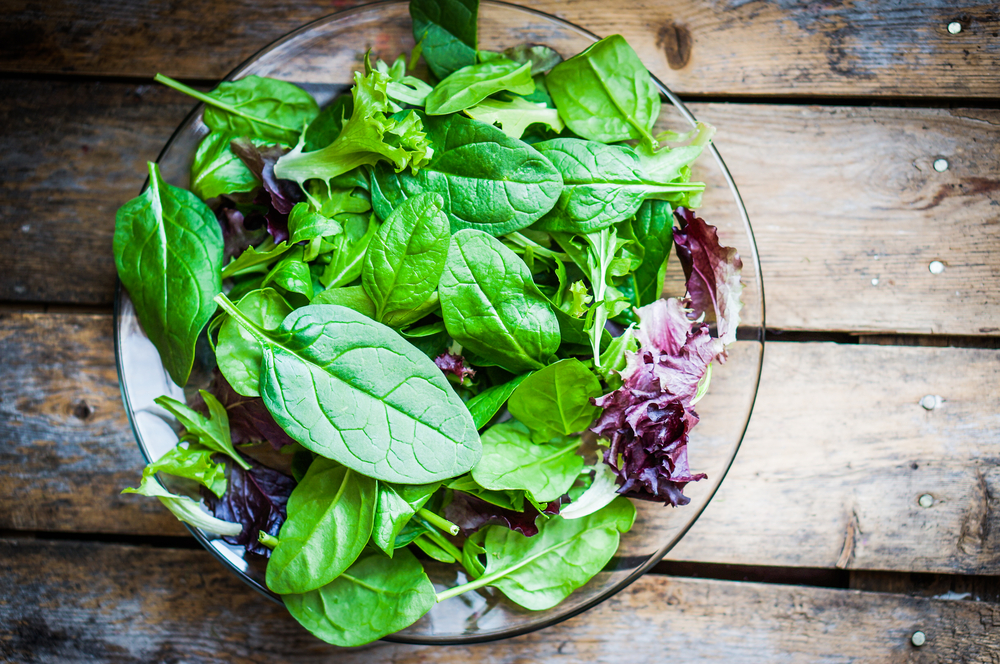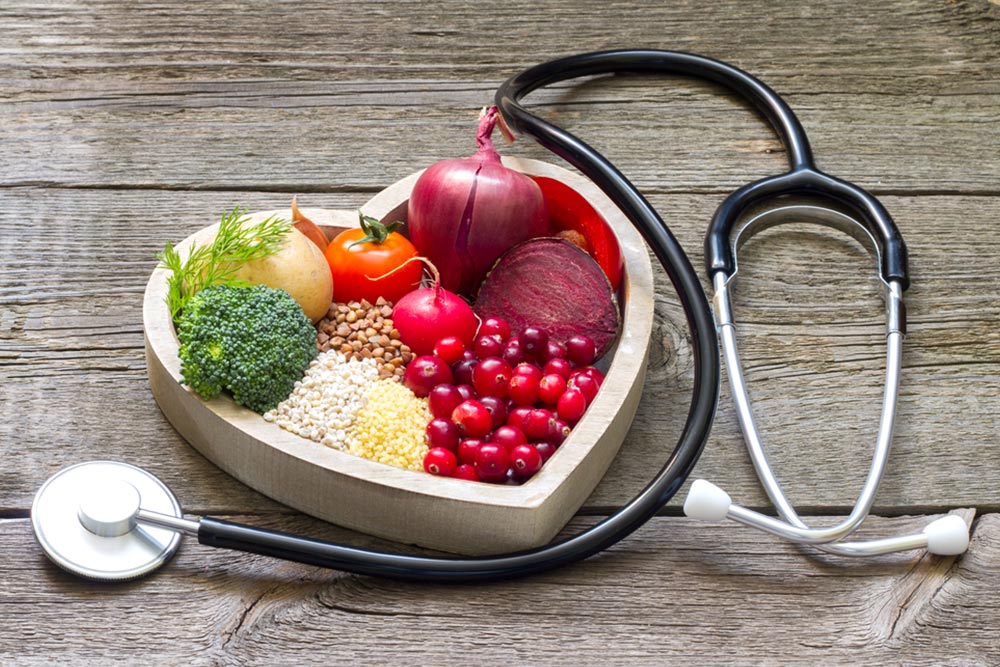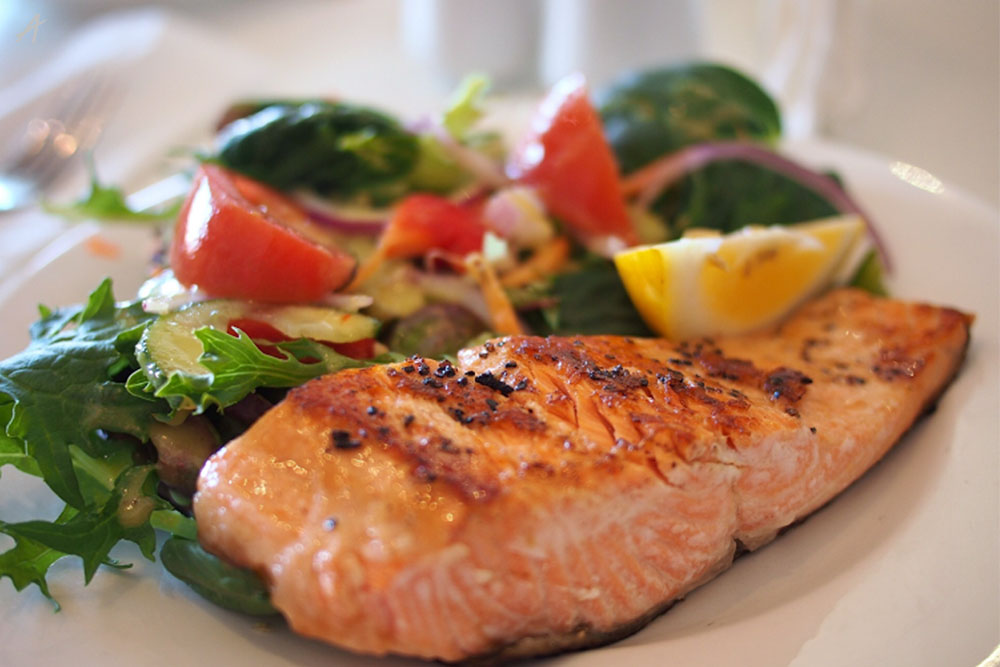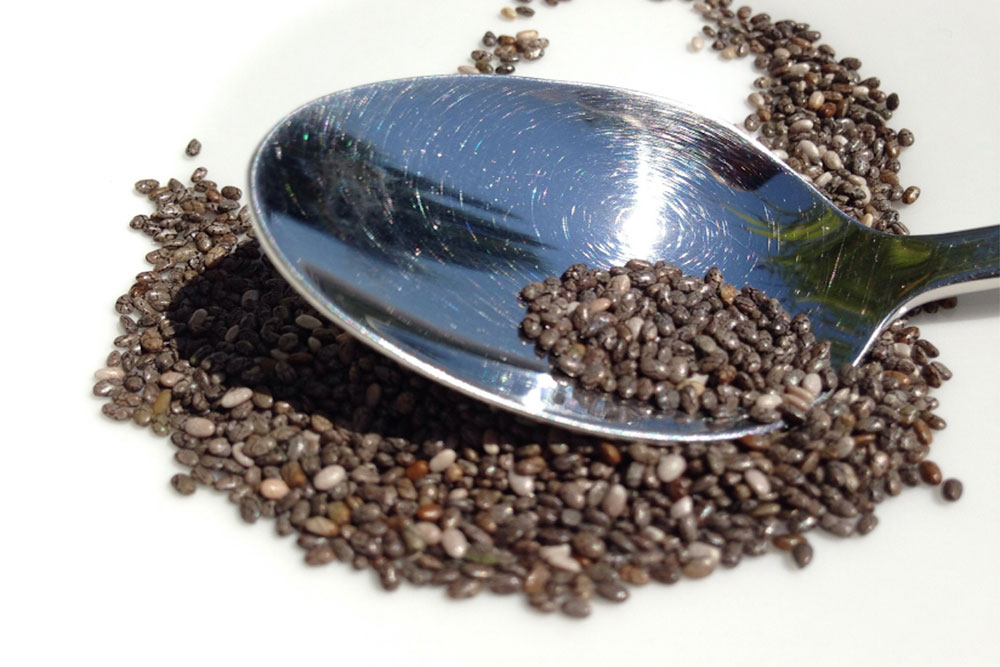The Ingredient in Kale That May Promote Longevity

Kale has fast become one of the most talked-about foods in the health industry, with many people going as far as to describe it as a superfood. But to be honest, I was always a little skeptical – I mean, it’s just a green leaf, right?
Or at least, that’s what I used to think.
However, there is some interesting new research indicating that Kale happens to contain some rather unique compounds (known as sirtuins), that have been linked to longevity.
As a result, it looks as if I will be eating my words (and a whole lot of kale).
What are sirtuins?
To keep this short and sweet, sirtuins are a group of seven very unique proteins found naturally occurring in the human body. These proteins act to regulate a variety of functions, including cellular metabolism, cell regeneration, and DNA expression. Within this, they also help to reduce inflammation throughout your body, and more specifically, within your brain (Libert, 2013).
And this should give you a bit of insight into the benefits of sirtuins.
Now, something that comes up after a quick google search on the topic of sirtuins are sirtfoods – but what are sirtfoods?
In short, sirtfoods describe specific plant-based foods that either contain sirtuins, or increase the production of sirtuins in the human body.
Sirtuins in aging and disease
Through each of the powerful mechanisms listed above, sirtuins have been linked to longevity, an ability to delay in the aging process, and even the prevention of certain diseases.
So let’s dive a little bit deeper into the topic!
Sirtuins and longevity
How sirtuins are linked to longevity
First and foremost, there is some very interesting animal research demonstrating that mice who are born lacking the ability to produce a number of these sirtuins tend to live significantly shorter lives than those who can.
While there is currently no real evidence demonstrating that eating more sirtfoods (and therefore increasing sirtuins production) can lead to an immediate increase in lifespan, we do have some evidence to indicate an indirect effect.
See, there as an abundance of research clearly showing that those people who implement regular fasting, and those people who eat a vegetable-rich diet, tend to live longer than those who do not.
And why is this important?
Because both of these practices are known to increase the production of sirtuins in the human body, which ultimately acts to confirm that a clear link between sirtuins and longevity does indeed exist (Grabowska, 2017).
Sirtuins and disease prevention
What about disease prevention? In my mind, this is where things start to get really interesting.
I mentioned briefly that sirtuins play a role in cellular regeneration and DNA expression. To provide a little more context around this, I should state that they act to regulate how cells respond to physiological stress.
With this, they also ensure that those cells with damaged DNA are not replicated (Carafa, 2012).
And this is extremely important.
See, by preventing damaged DNA from being passed on to new cells, sirtuins prevent the accumulation of cellular mutations. As a result, they prevent metabolic, cardiovascular and neurodegenerative diseases, as well as cancer and dementia.
Talk about impressive!
You may also like: Precision Nutrition and You: Nutrigenomic Approaches To Disease And Health
Foods that contain sirtuins
Now that you can see why sirtuins have made such a splash on the health industry of late, I wanted to provide a comprehensive list of foods that contain sirtuins:
- Kale
- Red wine
- Strawberries
- Onions
- Soy
- Parsley
- Extra virgin olive oil
- Dark chocolate (85% cocoa)
- Matcha green tea
- Buckwheat
- Turmeric
- Walnuts
- Chilli
- Parsley
- Blueberries
- Capers
- Coffee
- Rocket
- Celery
Just to be clear, there was a reason as to why kale is at the top of this list – because it is the most sirtuin rich food on the planet. In fact, in my personal opinion, this is the greatest benefit of kale.
I should also note that when it comes to physically purchasing your kale (and every other vegetable in your diet, for that matter), it is definitely in your best interest to buy organic. Most vegetables are grown with the help of chemicals, which act to keep away insects. However, these chemicals also reduce the nutritional value of the food, and can even induce inflammation themselves.
So to keep it short – make sure that you buy organic Kale!
The drug cocktail that can roll back the epigenetic clock
Taking all of this great information into consideration, I also wanted to give you one of my favorite recipes – what I like to consider to be the perfect anti-aging cocktail.
What I really like about this drink is that not only is it full to the brim with sirtuins, but it also helps with thymus gland rejuvenation.
Your thymus gland produces some important hormones that are integral to normal immune system function. However, as you age, your thymus tends to become less efficient, and your immune system suffers.
This can lead to disease, illness, and even accelerated aging (Ventevogel, 2013).
As a result, drinking a beverage that is not only full to the brim with sirtfoods, but also helps rejuvenate the thymus, is paramount to enhancing longevity – so, without further ado:
- 75 grams of kale
- 30 grams of rocket
- 5 grams of parsley
- 2 celery sticks
- 1 cm of ginger
- 1/2 a green apple
- half a lemon
- half a teaspoon matcha green tea
- a handful of blueberries
- a couple of raspberries
- a pinch of turmeric
- 1 cup of soymilk
Blend it all up and enjoy!
Tips to incorporate more sirtuins into your diet
In my mind, sirtfoods are the new superfood that needs to be a key part of your diet. They fight disease and illness, prevent cellular mutations, and even promote longevity – I mean, what could be more super than that?
So, let’s touch on how to incorporate sirtuins into your diet:
- Drink the epigenetic cocktail listed above 3-4 times per week
- Try and eat a portion of kale every day (I love throwing it in salads)
- Start drinking matcha green tea as well as coffee
- Garnish your salads and vegetables with crushed walnuts
- Choose soy over dairy some of the time
- Substitute sweet snacks for dark chocolate
- Use turmeric as a spice for every dish
As simple as these tips are, I can assure you that over time they will make a huge difference.
Sirtuins and exercise
Before we finish up this article, I wanted to touch in sirtuins and exercise.
While diet obviously plays a huge role in the upregulation of sirtuins, we should never forget about the other side of the equation – being physical activity (Grabowska, 2017).
Regular exercise places the body under a small amount of stress. This stress essentially tells the body that it needs to adapt to better tolerate that stress in the future. And one of the adaptations that occur in response to exercise-induced stress is an increase in the production of sirtuins.
Over time this helps to improve cell function, which will act to create a stronger, more efficient, and more resilient body.
As a result, implementing both a healthy diet and a solid exercise regime is the best way to increase sirtuin secretion and boost health.
Take-home message
After diving deep into the research around sirtuins, I am very happy to eat my words.
In fact, I would go as far as to say that kale really can be considered a superfood. See, by boosting sirtuin production throughout the body, Kale can help fight disease and illness, and even promote longevity.
So make sure you follow the tips outlined in this article and get some more sirtuins into your diet – I know I will be!
References
Libert, Sergiy, and Leonard Guarente. “Metabolic and neuropsychiatric effects of calorie restriction and sirtuins.” Annual review of physiology 75 (2013): 669-684.
Grabowska, Wioleta, Ewa Sikora, and Anna Bielak-Zmijewska. “Sirtuins, a promising target in slowing down the ageing process.” Biogerontology 18.4 (2017): 447-476.
Carafa, Vincenzo, Angela Nebbioso, and Lucia Altucci. “Sirtuins and disease: the road ahead.” Frontiers in pharmacology 3 (2012): 4.
Ventevogel, Melissa S., and Gregory D. Sempowski. “Thymic rejuvenation and aging.” Current opinion in immunology 25.4 (2013): 516-522.
You May Like

